Continued protectionist measures by trading partners could disrupt global trade, putting pressure on the EU's highly open economy .
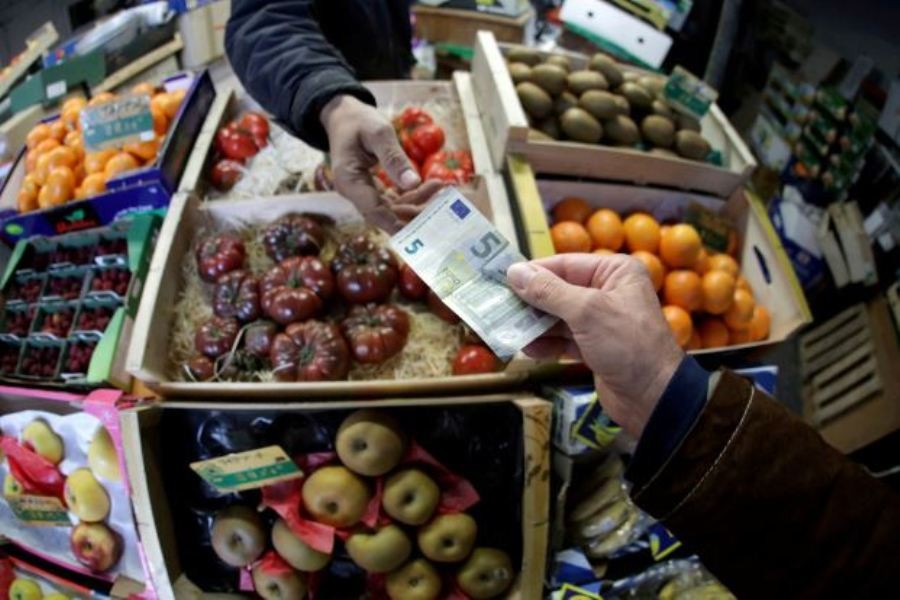 |
| Eurozone economy falls into technical recession (Source: Reuters) |
The European Commission (EC) on November 15 forecast that the economic growth of the Eurozone will increase slightly from 0.8% in 2024 to 1.3% in 2025 and inflation will continue to decrease from 2.4% to 2.1%.
However, the EC also pointed to risks arising from geopolitical tensions, as well as weak investment and high living costs. Germany, the bloc's largest economy, is expected to remain stagnant.
The Eurozone economy is recovering steadily, with growth set to accelerate further next year, but there are still long-term structural challenges that need to be addressed amid the current geopolitical uncertainty, EC Vice President Valdis Dombrovskis said.
Both consumer demand and investment are expected to recover, the agency said. With improved purchasing power and lower interest rates, consumption will continue to rise. Investment is expected to increase thanks to strong corporate balance sheets, better profits and more favorable credit conditions.
Meanwhile, inflation in the Eurozone has fallen significantly over the past two years, after rising to 8.4% in 2022 due to the Russia-Ukraine conflict.
Along with that, the unemployment rate of the European Union (EU) fell to a record low of 5.9% in October 2024.
However, EU Economic Affairs Commissioner Paolo Gentiloni warned that there were still significant uncertainties due to geopolitical changes and falling consumer demand. Meanwhile, the trade outlook was less optimistic, due to weak global demand for industrial goods in the coming years.
Mr Gentiloni also said that the German economy is forecast to shrink by 0.1% in 2024, after shrinking by 0.3% in 2023. However, the Eurozone's largest economy is expected to grow by 0.7% in 2025 and 1.3% in 2026.
The EC believes that continued protectionist measures by trading partners could disrupt global trade, putting pressure on the EU's highly open economy.
As US President-elect Donald Trump hinted at the possibility of imposing tariffs on some imported goods from the EU and other parts of the world to protect US industry, Gentiloni called on member states to increase “competitiveness through investment and structural reform”.
Source: https://baoquocte.vn/kinh-te-dang-phuc-hoi-eu-tim-cach-ung-pho-khi-ong-trump-danh-tieng-ap-thue-294020.html


![[Photo] Panorama of the cable-stayed bridge, the final bottleneck of the Ben Luc-Long Thanh expressway](https://vphoto.vietnam.vn/thumb/1200x675/vietnam/resource/IMAGE/2025/9/30/391fdf21025541d6b2f092e49a17243f)
![[Photo] The 1st Congress of Phu Tho Provincial Party Committee, term 2025-2030](https://vphoto.vietnam.vn/thumb/1200x675/vietnam/resource/IMAGE/2025/9/30/1507da06216649bba8a1ce6251816820)
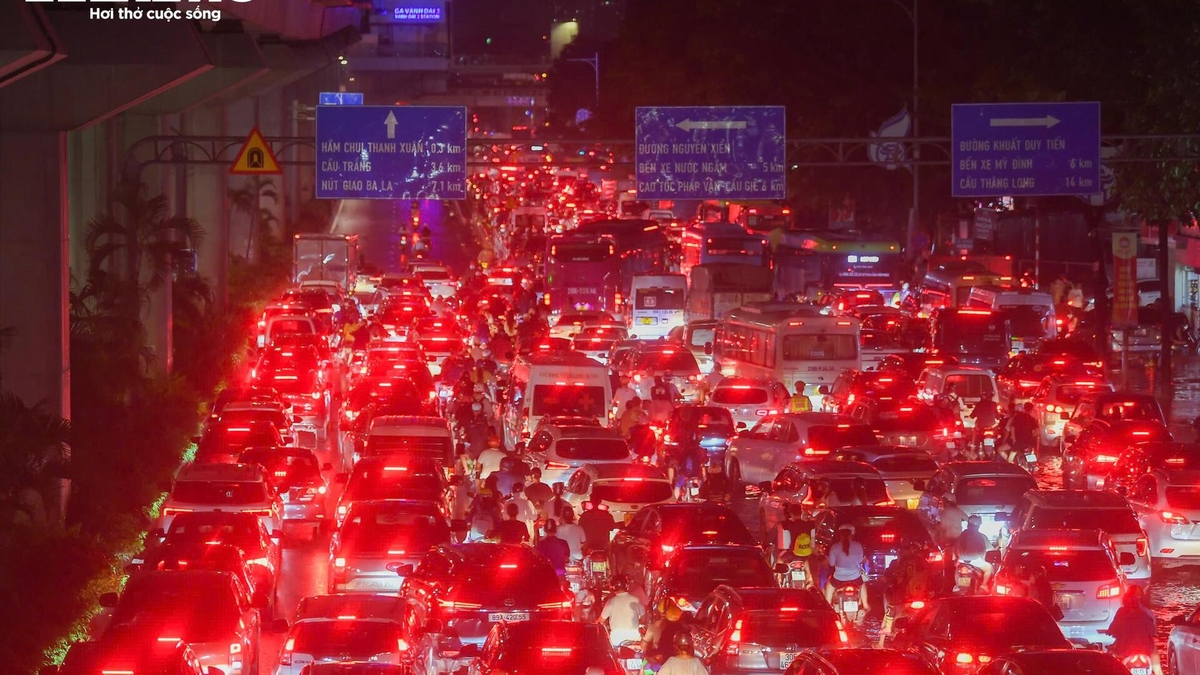

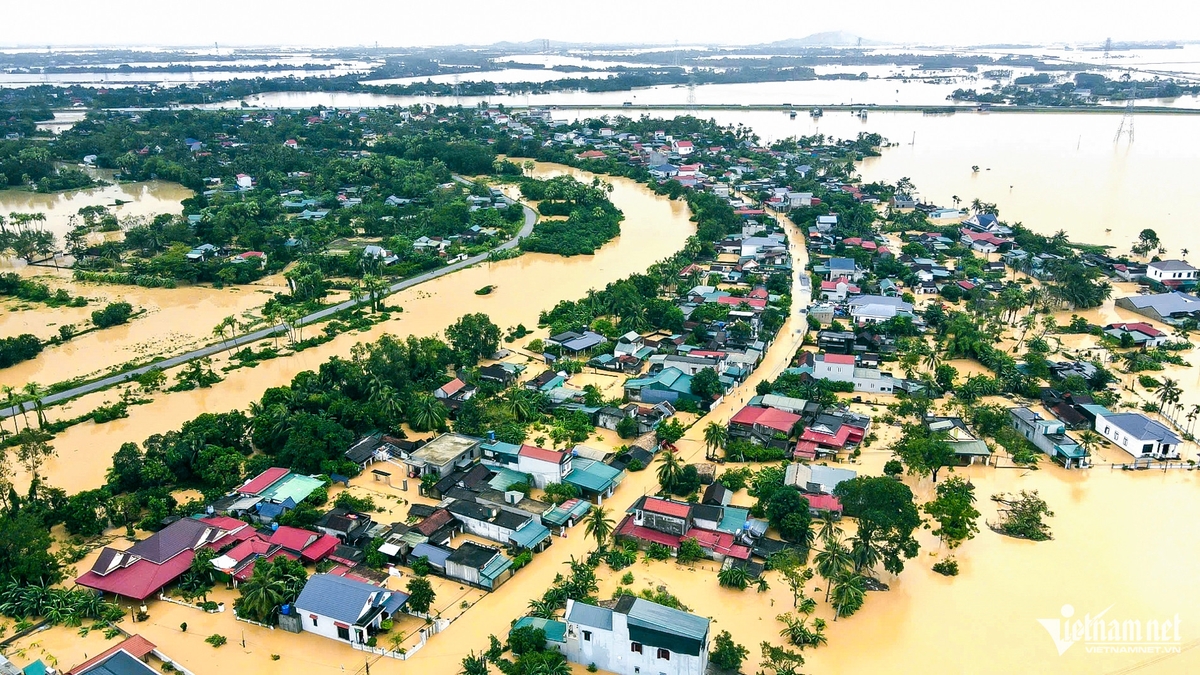
![[Photo] President Luong Cuong receives President of the Cuban National Assembly Esteban Lazo Hernandez](https://vphoto.vietnam.vn/thumb/1200x675/vietnam/resource/IMAGE/2025/9/30/4d38932911c24f6ea1936252bd5427fa)
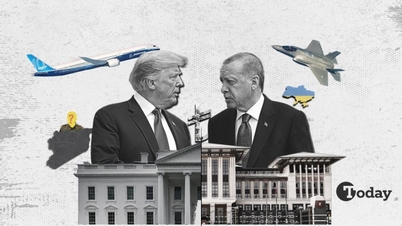
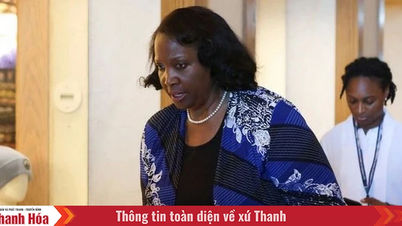

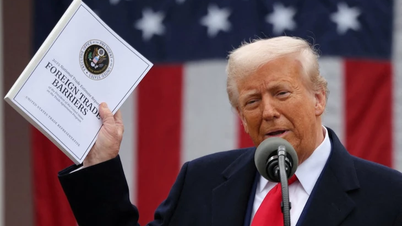

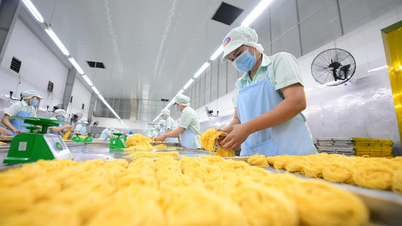

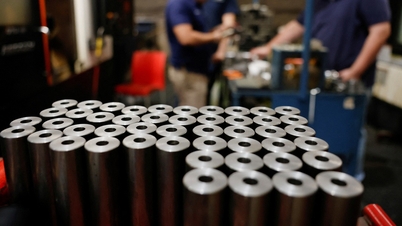
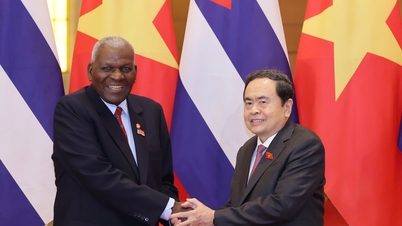

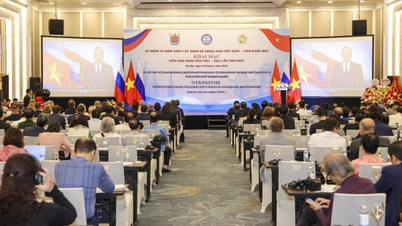


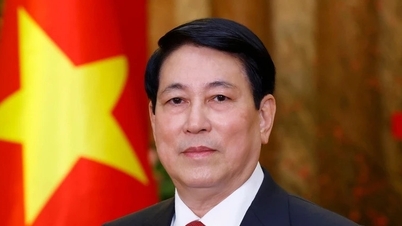











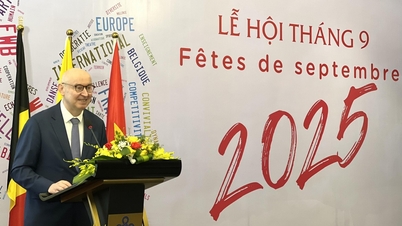
![[Photo] Solemn opening of the 12th Military Party Congress for the 2025-2030 term](https://vphoto.vietnam.vn/thumb/1200x675/vietnam/resource/IMAGE/2025/9/30/2cd383b3130d41a1a4b5ace0d5eb989d)






























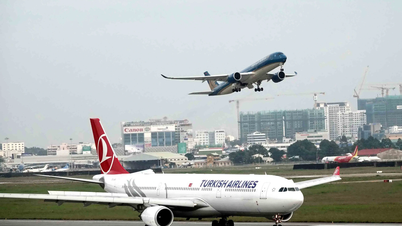
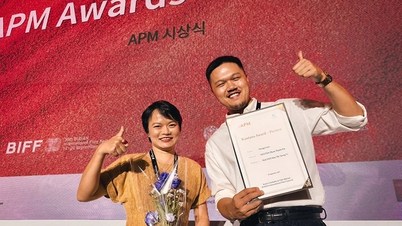


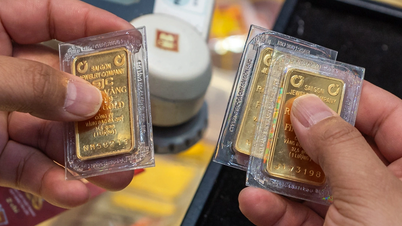

















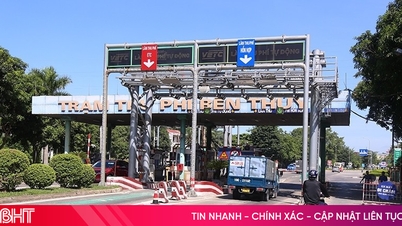














Comment (0)